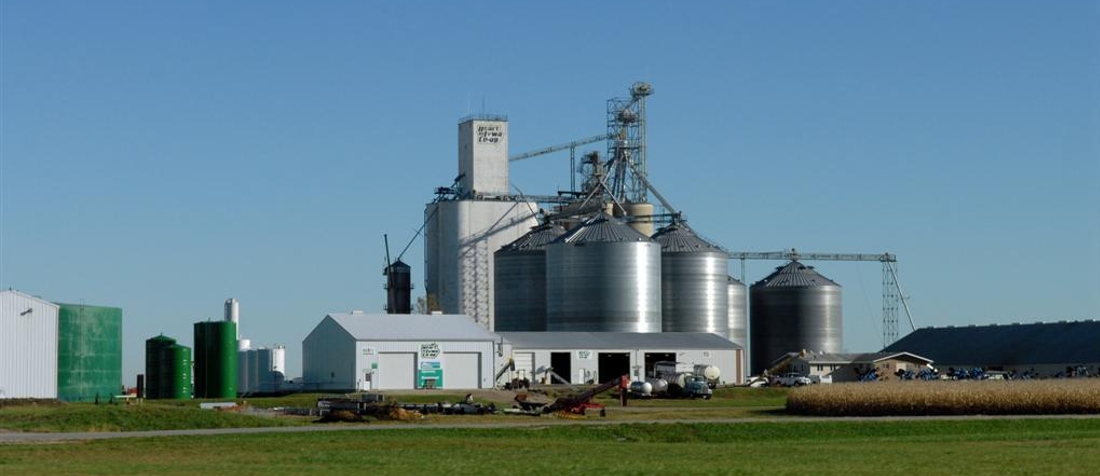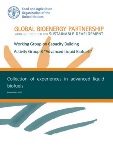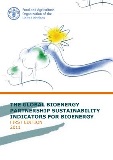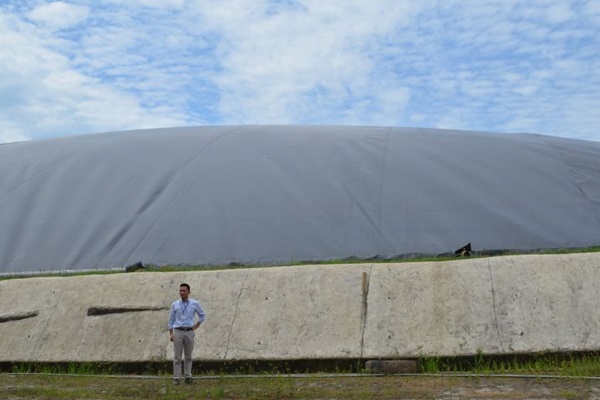Advanced Liquid Biofuels

Compared to traditional biofuels, advanced liquid biofuels refer to a cluster of new approaches, technologies or other enhanced properties of partly improved or entirely new biofuel pathways. They may have a number of benefits, such as lower environmental impacts or greater compatibility with current fuel infrastructure (e.g. 'drop in' fuels).
Liquid and advanced liquid biofuels can replace traditional fossil fuels and play a key role in decarbonizing the energy sector, and especially the transport sectors, such as shipping and aviation.
GBEP Working group on advanced liquid biofuel, led by the USA, facilitates the exchange of knowledge, experiences and technologies related to the development of advanced biofuels and their applications, including their evaluation according to the GBEP Sustainability Indicators.
Related publications

Collection of experiences in advanced liquid biofuels
2021
This collection takes a deep-dive into a selection of different experiences in advanced liquid biofuels to detail their variety not only in terms of technology and development phase but also in their benefits, drivers and barriers.

Sustainability of biogas and cassava-based ethanol value chains in Viet Nam
2018
This report presents the results of the implementation of the GBEP indicators in Viet Nam to the two priority bioenergy pathways identified in Viet Nam: biogas at household, farm and industrial levels, and cassava-based ethanol.

The Global Bioenergy Partnership Sustainability Indicators for bioenergy
2011
This report presents 24 indicators of sustainability regarding the production and use of modern bioenergy, to monitor and report on the environmental, social and economic aspects of sustainable development. The GBEP Sustainability Indicators (GSIs) are a relevant, practical, science-based tool that can inform policy-makers and other stakeholders in countries seeking to develop their bioenergy sector to help meet national goals of sustainable development.
Related videos
Webinar
Ethanol as a clean cooking fuel in East Africa
22/01/2024
Globally, 2.3 billion people lack access to clean cooking and rely on traditional woodfuel, such as firewood and charcoal, for cooking and heating....
Webinar
Biomass production practices for improving biofuels sustainability
19/01/2024
In the last two decades, production and consumption of liquid biofuels increased 11-fold, driven by incentivizing public policies. With growing demand...
Related news

Advanced liquid biofuels for net zero – How to ensure sustainable and responsible sourcing in supply chains?
02/12/2022
Related events
Webinar on Ethanol as a clean cooking fuel in East Africa
Virtual Event, 11/12/2023
In terms of household energy access, there are still 2.3 billion people who lack access to clean cooking. This reliance on traditional biomass for cooking can have debilitating social and economic impacts, as well as consequences for the environment due to GHG emissions, air pollution, deforestation and landscape degradation.
Inn...
Tenth Bioenergy Week
Bangkok (Thailand), Hybrid Event, 24/10/2023 - 27/10/2023
In 2023, the 10th Bioenergy Week focuses on sustainable bioenergy integration in food production chains, aiding the development of bioenergy policies in Asia-Pacific.
Webinar on biomass production practices for improving biofuel sustainability
Virtual Event, 19/09/2023
The webinar discusses innovative biomass production practices that can help increase supply whilst ensuring sustainability of biofuels.
EUBCE side event: responsible sourcing and biofuel supply chains
Hybrid Event, 05/06/2023
The aim of the side event is to discuss and identify ways in which inclusive growth can be promoted through the identification and mitigation of risks in biofuel supply chains. This side event will bring together both public and private sector stakeholders to share solutions for biofuel supply chains to promote sustainable development. It will also provide a forum for sharing of views on var...
Webinar: Advanced liquid biofuels for net zero - How to ensure sustainable and responsible sourcing in supply chains?
Virtual Event, 26/10/2022
The webinar is organized by the Global Bioenergy Partnership (GBEP), in collaboration with the Markets and Trade Division (EST) of the Food and Agriculture Organisation (FAO) and the Biofuture Campaign.
